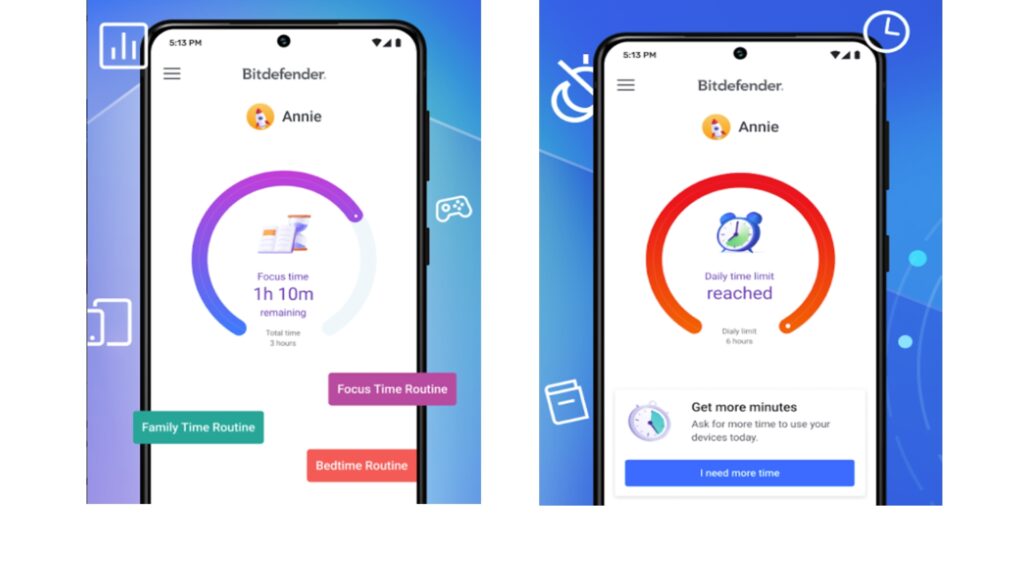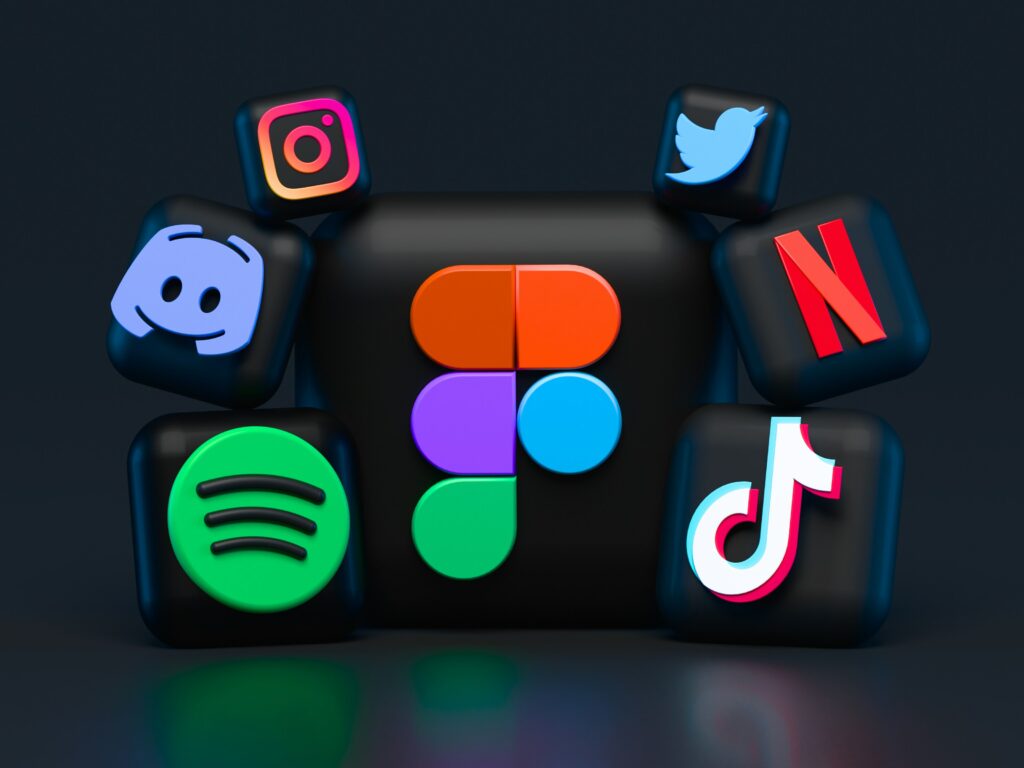While children may be using smartphones and tablets from a young age, they may not be aware of all the dangers associated with the internet. Here’s how to support them at every stage of their development without scaring them.
60% of French people have their first smartphone before the age of 13, and 6% before the age of 10, according to the research firm Statesman. The discovery of the internet and social networks is even earlier, and begins around five years.
To allow these children to enjoy all the benefits of digital technology without risk, some precautions are necessary. Awareness, parental control tools, cybersecurity solution : each age has its own good practices.
Under 13s: Setting Limits to Protect Them
Children begin to surf the internet alone around age 6. On the agenda: entertainment, as well as creative and educational applications. While the intention is laudable, a minimum of monitoring is required to avoid unpleasant surprises. In-app purchases, viewing inappropriate content, sending unexpected messages: anything is possible if the restrictions are not adequate.

To give them more autonomy without taking any risks, the simplest thing is to install a parental control tool. Free, the solutions from Google and Apple are very practical to use and allow you to:
- block purchasing and installing apps from the Play Store and App Store;
- define allowed applications and website categories;
- block the display of content unsuitable for children;
- program a maximum usage time for the device, beyond which the screen turns off automatically;
- select the authorized time slots.
Other solutions like Bitdefender’s go even further in customization.


Depending on the day of the week and time of day, parents can choose which services to allow and how long they can use them. And rather than completely excluding internet searches, the tool Bitdefender intelligently filters results on Google and YouTube, so kids never come across inappropriate content.
To give them even more autonomy, the publisher has planned another flagship feature: the “express request” and one-click extension of screen time. Once received, parents can grant or decline it.
From 13 to 16 years old: focus on social networks
As soon as they reach the legal age to access social networks, adolescents rush to register. As this Recent study by Statistatwo-thirds of the teenagers surveyed created their first social media account before the age of 14. Their favorite platforms: Snapchat, Instagram, TikTok. In short, ephemeral and visual.
It is therefore essential to support adolescents from the moment they register. Parents must know their usernames and passwords so that they can check “from the inside” that the adolescent is using social networks properly and is not putting themselves in danger.


Their account must be private to limit their digital footprint. Not always aware that on the internet, everything remains, including publications that they will no longer assume responsibility for when they are adults, teenagers are indeed tempted to opt for an open profile.
Social networks and popularity often go hand in hand, the youngest seek to multiply their number of subscribers. For security and confidentiality reasons, it is better to limit them to their “real” friends. And on the communication side, it is essential to remind them of the importance of never disclosing personal information (identity, contact details, school name), whether in posts or by private message. A reminder about cyberbullying is also welcome.
To offer parents more peace of mind during this key period, Bitdefender offers as part of its package: Premium Security Plus a protection tool optimized for social networks. Any malicious link, any online threat against the user and any unauthorized access to their webcam are automatically blocked.
From 16 to 18 years old: first bank card, first purchases
As comfortable as they are on the internet, under-18s are not spared from online scams. On the contrary, in their quest for independence, they are a prime target. Distrust must therefore be de rigueur, especially if they have just obtained their first bank card.
When faced with compelling content creators, the temptation to buy “miracle” products is great. Reminding them that some posts are sponsored by brands is therefore essential to help them develop their critical thinking and objectivity.


Beyond social networks, some platforms dedicated to second-hand goods and sales between individuals are essential for young people. Facebook Market, Vinted, Etsy, and Le Bon Coin are among the best known. Little controlled, the ads are not always compliant: overpriced, fake reseller, defective items and delivered without warranty. Offers that are too attractive should arouse their suspicions.
Parents can then emphasize the importance of:
- never make purchases on a site whose URL was sent by message (SMS, email, social networks);
- search the internet for the price charged by other resellers;
- request additional photos;
- communicate directly with the individual seller when possible;
- pay for purchases directly on the platform in order to keep a record of the transaction;
- never communicate your bank details publicly or to an individual.
To secure their online shopping sessions, some solutions like that of Bitdefender are particularly complete and effective. Anti-phishing, anti-fraud, anti-advertising and anti-malware protection are on the program for only 89.99 euros per year instead of 179.99 euros.
Better still, its additional Scamio tool available on WhatsApp, Messenger and on any web browser allows them to check in one click whether a message or a site is fraudulent.
This is content created by independent editors within the Humanoid xp entity. The Numerama editorial team did not participate in its creation. We are committed to our readers to ensure that this content is interesting, qualitative and corresponds to their interests.
Source: www.numerama.com


